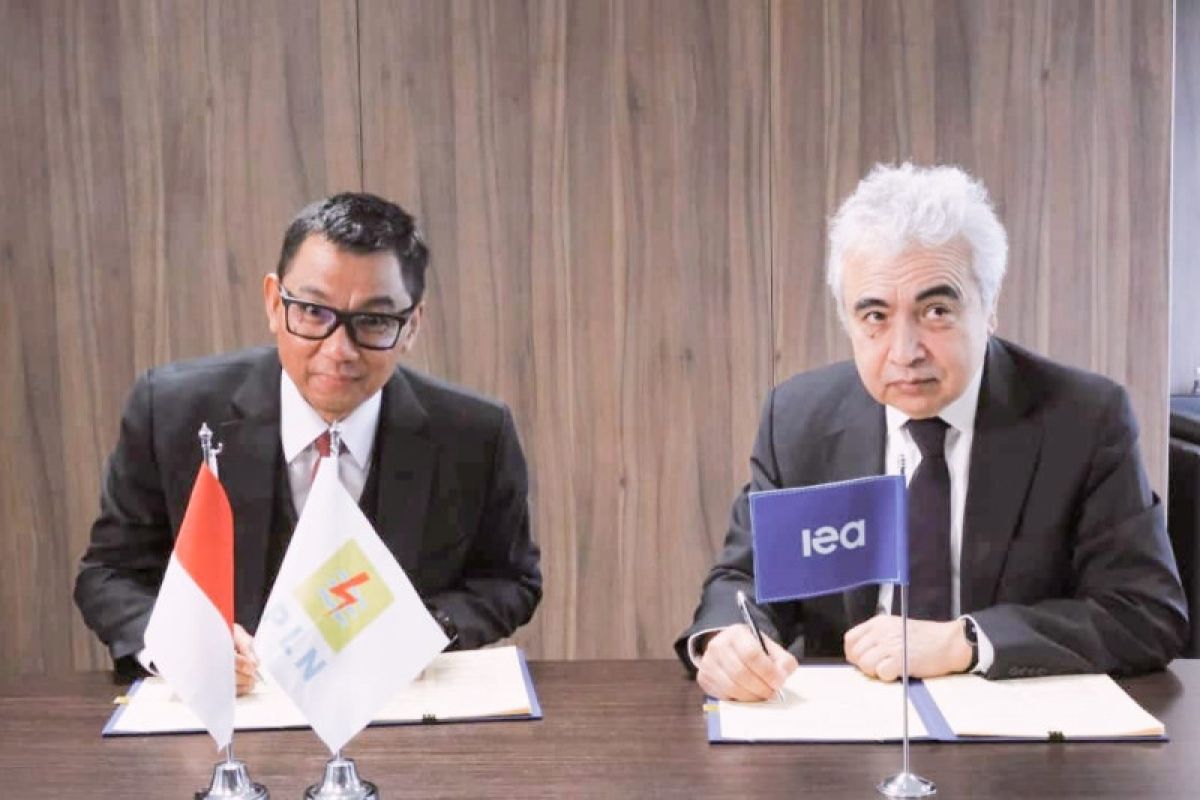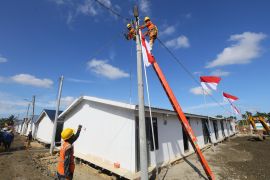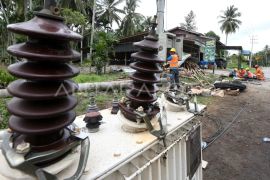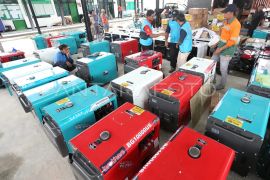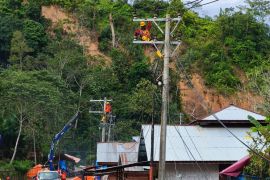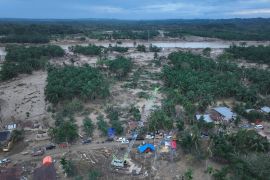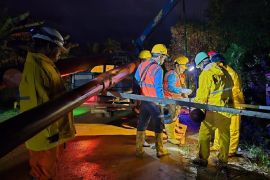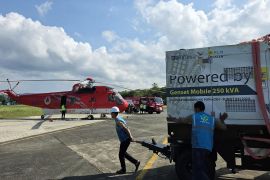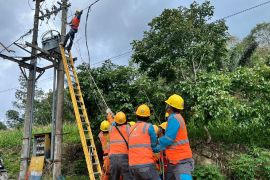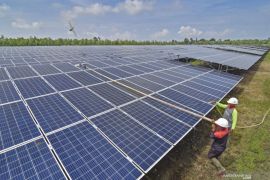An autonomous intergovernmental institution, the IEA is the world's reference for analysis, data, policy recommendations and development solutions for energy security, as well as sustainable economic and environmental development.
"We have the same vision for the future. The future of sustainable energy that will bring prosperity and glory to the nation and the world,” said Darmawan Prasodjo, the president director of PLN.
Darmawan also noted the challenges Indonesia must overcome in order to carry out its energy transition. These included a projected increase in Indonesia’s energy demand that would widen the supply-demand gap, an issue that required the collaboration of many stakeholders to solve.
"PLN and the IEA will be pioneers, showing the world that the energy transition road map can be built through collaboration. It can be built comprehensively from the upstream to the downstream [industries]," he emphasized.
PLN projects that carbon emissions from the electricity sector it manages will reach 433 million tonnes by 2030.
The 2021-2030 long-term electricity procurement plan (RUPTL), which was developed by the state electricity company, aims to reduce carbon emissions to 335 million tonnes as the basis for achieving net zero in 2060. The energy transition will also be accelerated through attracting more funding to finance massive investment projects.
As an archipelagic country, Indonesia also needs to improve the interconnection of its electricity networks to ensure equitable access and affordable prices for the public.
IEA Executive Director Fatih Birol said the agency fully supported Indonesia's energy transition, adding that the country’s efforts to reduce carbon emissions would have a direct impact on reducing emissions on a greater scale.
"We fully support Indonesia in the energy transition project. The IEA’s support for Indonesia can be a driving force for various parties to collaborate together in energy transition projects," said Fatih.
Collaboration was also expected to strengthen the net-zero road map that Indonesia has drafted, as well as make the JETP scheme more attractive to collaborative investments to finance Indonesia’s energy transition projects.
Some projects that have been prioritized include the development of a new and renewable energy (EBT) power plant and the construction of a green transmission line, as well as capacity building of the country’s human resources to prepare for a new era in energy development.
Reporter: PR Wire
Editor: PR Wire
Copyright © ANTARA 2023
